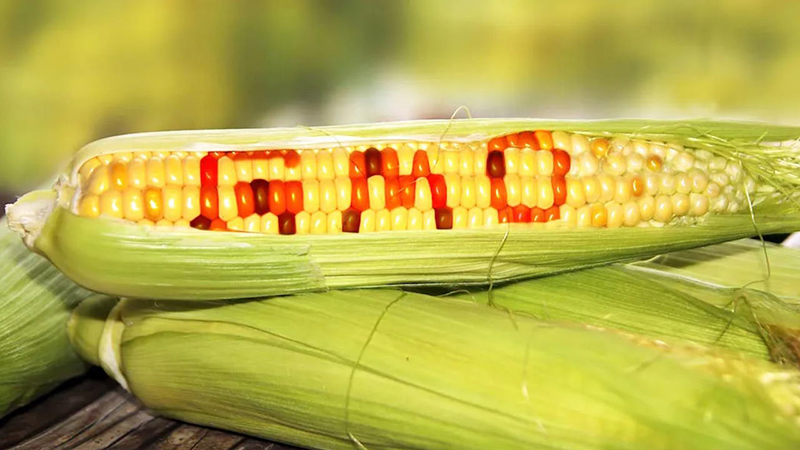Feed crisis pushes India to import GM-grains

Poultry farmers demand US GM soybeans and corn, but opponents warn of risks to farmers and food security
India’s poultry industry is under increasing pressure from rising feed costs, threatening the sustainability of production. With corn and soybean prices skyrocketing, industry leaders are calling for tariff cuts and allowing imports of genetically modified (GM) feed from the US. As trade talks progress, the issue of feed security has been added to the food security debate.
Talks gain momentum
As India moves closer to a trade deal with the US, the dispute over tariffs on key agricultural commodities is intensifying. Poultry farmers are insisting on the need to open the market to GM imports from the US to maintain the industry’s profitability, said Ricky Taper, deputy secretary of the Poultry Federation of India.
High feed costs are hitting profits
Sharply rising feed prices remain a major challenge. According to a report by Crisil Ratings based on a survey of 30 poultry farmers in February 2025, the industry’s profitability could decline by an average of 50% in the 2025/2026 marketing year due to higher prices of corn and soybeans.
Import duties a major hurdle
High tariffs on soybean imports from the US (around 45-56.5% after taxes) make the supply uneconomic. According to Taper, the industry regularly faces shortages of feed grains, and allowing GM soybeans and corn would provide significant relief to producers.
Several industry associations, including the Confederation of Indian Industry (CII), have also backed the idea of importing GM feed, calling the current feed price hike “unprecedented” and threatening the profitability of the poultry industry.
Political initiative faces resistance
The idea of reducing duties on GM feed crops has been supported by the government think tank NITI Aayog. In a statement on June 12, the agency called for a selective opening of imports, reducing duties on feed but maintaining protective measures on poultry and dairy products.
“India needs to be smart about its negotiations on mutual market access — open where there is no competition and protect where necessary,” the report emphasized.
Criticism and concerns
However, the idea of reducing import duties has drawn sharp criticism from farmers and a section of the expert community.
An independent consultancy, the Global Trade Research Initiative (GTRI), has urged the Indian government to exercise caution. Experts warn that once the agreement is signed, it will be almost impossible to roll back the duties. In addition, GM soybeans are subsidized in developed economies, including the United States, and their mass import could harm local farmers.
There are also risks associated with food safety and public trust. According to analysts, current veterinary regulations will make it difficult to effectively control the circulation of GMO grain on the domestic market.
For almost 30 years of expertise in the agri markets, UkrAgroConsult has accumulated an extensive database, which became the basis of the platform AgriSupp.
It is a multi-functional online platform with market intelligence for grains and oilseeds that enables to get access to daily operational information on the Black Sea & Danube markets, analytical reports, historical data.
You are welcome to get a 7-day free demo access!!!
Read also
BLACK SEA GRAIN.KYIV- Agenda Announced!
Ukraine peas 2025/26: Record crop, weak demand and market pressure
China’s grain and oilseed imports face limits amid weak domestic demand
Beijing may instruct state-owned companies to buy expensive American soybeans to p...
Doubts loom over timing of Brazil’s B16 biodiesel mandate as deadline nears
Write to us
Our manager will contact you soon



